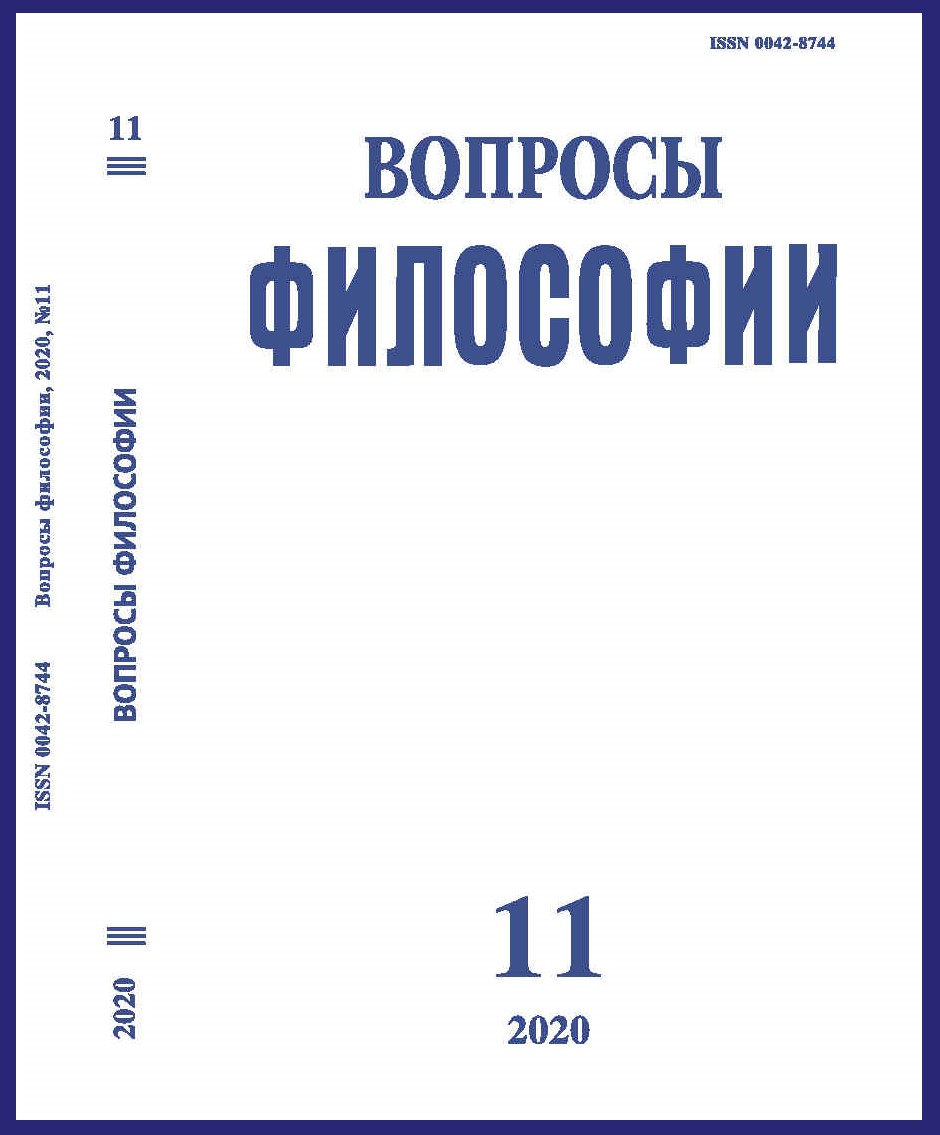Analysis of the Collective Memory Formationin Professional Communitiesthrough Congresses and Round Tables
DOI:
https://doi.org/10.21146/0042-8744-2020-11-72-76Keywords:
philosophical congress, community, collective memory, social groups, connective structureAbstract
The article discusses the possibility of forming a collective memory within small scientific communities through public events in the format of round tables, conferences, and congresses. In many ways, scientific meetings influenced research guidelines, becoming historical events for certain disciplines. Philosophical congresses, in this case, are no exception: they have become a tradition, which speaks of the formalization of the practice of collective memory. According to the author, not enough attention is paid to this topic today, since the very ideas of collective memory were formed in the humanitarian discourse, proceeding from the problems of social macrogroups. However, the connective structure is not unique to them. Small professional communities also have their own internal collective memory, which is, in many ways, unique, passed down from generation to generation, constructs a group identity, and needs to be studied. The author finds confirmation of this thesis in modern American sociology, where the concepts of transactive memory already exist and are being worked out. The works of M. Halbwachs, P. Nora, T.G. Shchedrina, P. Berger, T. Luckmann, etc. used as methodological sources. In addition, the author refers to specific cases of the formation of collective memory within small communities, namely to the history of the Department of the Theory of Knowledge (Institute of Philosophy RAS)

